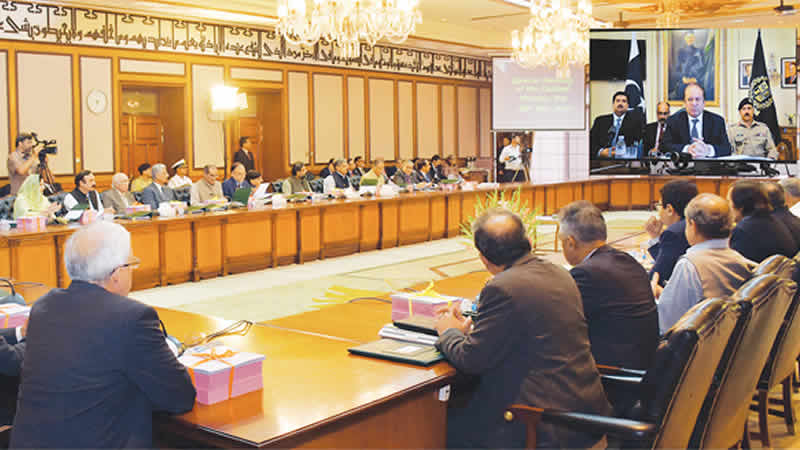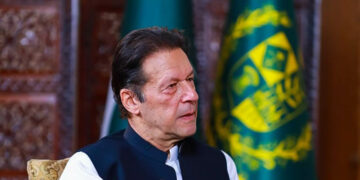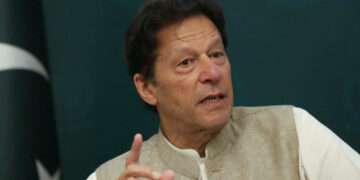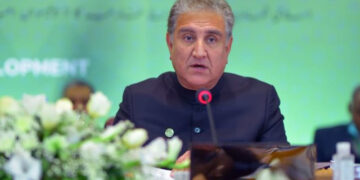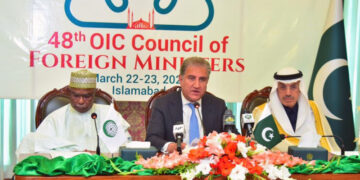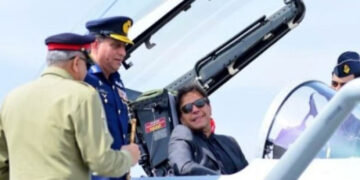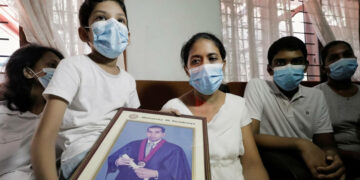Alongside extending blanket approval for the centre’s budgetary proposals and the consolidated annual development plan for the next financial year via video link, Prime Minister Nawaz Sharif on Monday authorised Finance Minister Ishaq Dar to take a number of ‘politically sensitive decisions’ on June 3, the budget day.
[contentblock id=2 img=gcb.png]

“Agenda item number(s) one to eight presented in today’s meeting are approved,” the prime minister said as he concluded his remarks to a meeting of the National Economic Council (NEC), portions of which were telecast on Pakistan Television. Participants of the meeting, including all four chief ministers, prayed for the prime minister’s health, but also hinted at reservations over the allocations for federal-funded provincial projects. A senior government official told Dawn that while the prime minister had approved the federal budget for the financial year 2016-17, “some critical decisions, like an increase in the salary of federal government employees (both civil and uniformed), are yet to be taken.
The finance minister would take these decisions,” he added. He said the finance minister and the secretary would pick one of the three options for the salary increase: making 20 per cent ad hoc relief part of the salary and adding a 7.5pc increase on top; an overall 35pc increase in basic salary; and a 12pc rise in running salary. The two will also decide whether house rent allowance would be monetised and made part of salary of all employees. Monday’s NEC meeting slashed the current year’s development budget by Rs113 billion to Rs1.41 trillion from Rs1.514tr to honour a commitment made with the International Monetary Fund.
Read more: Rs40bn New taxes in ‘Mini-Budget’
In doing so, the federal Public Sector Development Programme (PSDP) was cut by Rs31bn to Rs669bn for the ongoing fiscal year against an allocation of Rs700bn. The provincial PSDPs were also cut by Rs82bn to Rs732bn as opposed to the originally planned Rs814bn. For the next year, the NEC approved a consolidated development budget of Rs1.675tr, including Rs800bn in federal and Rs875bn in provincial development plans. The federal PSDP will include Rs655bn for development projects, Rs100bn for security and a special development programme for temporarily displaced persons. An amount of Rs20bn was earmarked for the PM’s Youth and Hunarmand programme and Rs25bn for the Gas Infrastructure Development Fund to provide gas to rural areas.
Top priority was given to the power sector with a total investment plan of Rs410bn, including Rs157bn from the budget and Rs253bn to be provided by Wapda, the National Transmission and Dispatch Company and generation companies. Second on the priority list was the transport and communications sector, with an allocation of Rs260bn, including Rs190bn for national highways and Rs41bn for railways. Special emphasis was placed on the China-Pakistan Economic Corridor (CPEC) in both energy and infrastructure sectors to generate employment, regional integration and boost trade and growth opportunities. The prime minister was informed that with CPEC projects entering the second year of their implementation, it had been ensured that these projects had sufficient funds for takeoff.
[contentblock id=3 img=adsense.png]
The NEC also decided that 1pc of the cost of all CPEC projects should be earmarked for security arrangements due to special requirements. The prime minister expressed satisfaction over the 4.7pc GDP growth rate and asserted that the CPEC had the capacity to contribute more to the GDP, having far-reaching effects on the consolidation of the country’s economy in the years to come. The meeting approved a GDP growth target of 5.7pc for the next fiscal year on the basis of a 3.5pc growth in the agriculture sector, 7.7pc in industry and 5.7pc in the services sector. A senior official said the overall size of the federal budget would be around Rs4.5tr, including Rs1.354tr for debt servicing, Rs860bn for defence, Rs245bn for pensions and Rs169bn for subsidies.
Read More: Punjab to Announce Around Rs1.2tr Budget today
The next year’s fiscal deficit target was set at 3.8pc or about Rs1.26tr and the FBR revenue target at Rs3.62tr, he said. In his remarks during the special cabinet meeting held shortly after the NEC meeting, Finance Minister Ishaq Dar said the new budget would focus on growth enhancing measures and priority would be given to agriculture and export sectors, especially textiles. He claimed that remarkable progress had been made in all sectors of economy and said the Federal Board of Revenue was on course to achieve its revenue target for the current year. He said the budget would follow a policy of facilitating tax filers, while non-filers should expect to pay the price for staying out of the tax net.


